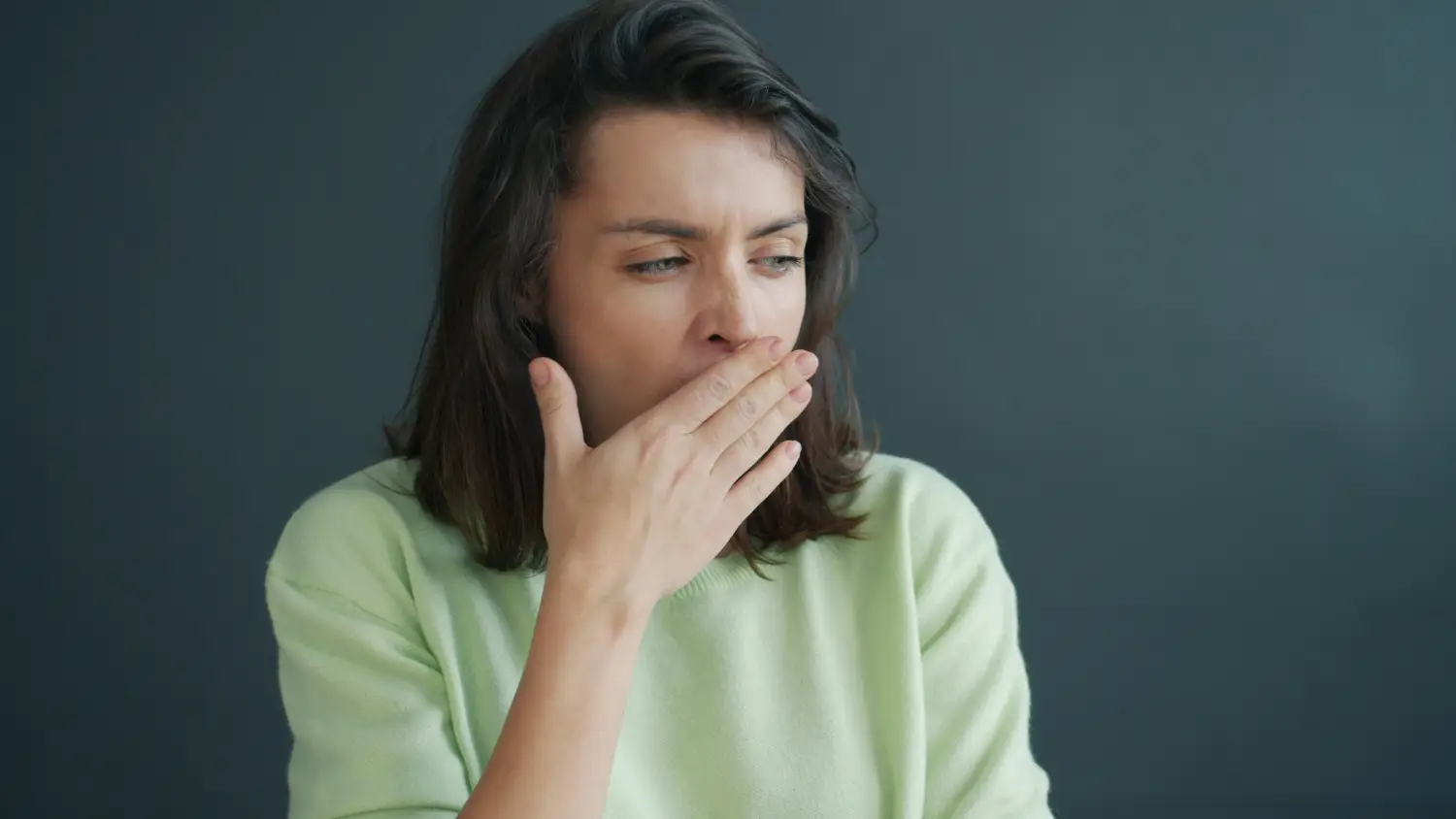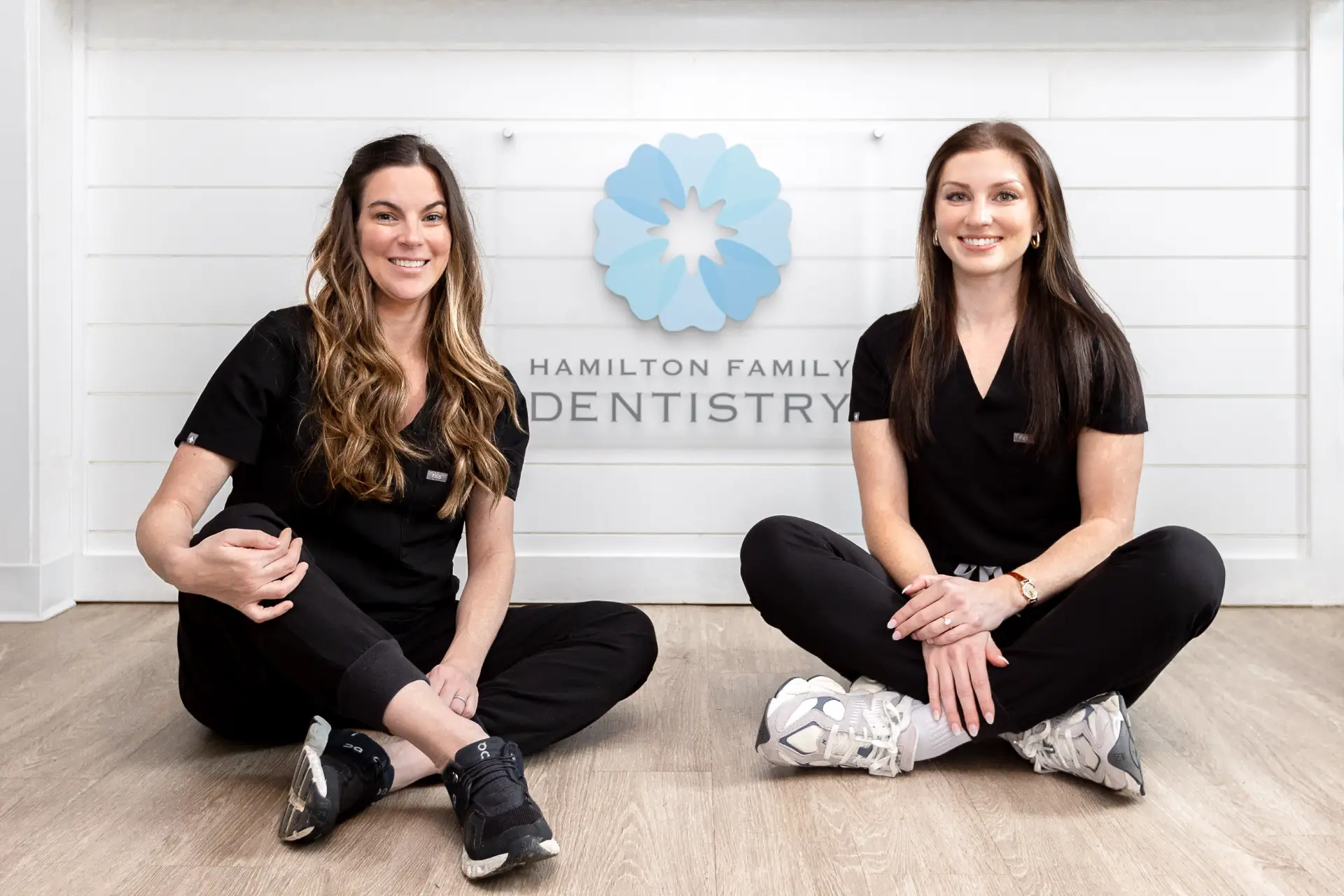
The Top Causes of Bad Breath and How to Treat Them
Published on
October 21, 2025
Understanding the root causes of halitosis helps you find the right solution.
1. Poor Oral Hygiene and Bacteria Buildup
- Brush twice daily and floss
- Brush your tongue
- Schedule regular cleanings
- Use non-alcohol antibacterial mouthwash
2. Dry Mouth (Xerostomia)
Hydration and sugar-free gum stimulate saliva; avoid caffeine and alcohol.
3. Gum Disease and Oral Infections
Deep cleanings and early treatment prevent progression.
4. Diet & Lifestyle
Limit strong-smelling foods; quit smoking.
Related Posts

How to Know If Your Dental Routine Is Actually Working
Clear signs your home care is on track include: no bleeding gums, fresh breath, smooth teeth, healthy pink gums, and no new cavities.
Read More

Can Gum Disease Lead to the Need for Bone Grafting?
Untreated gum disease can destroy supporting bone beneath the teeth, sometimes making bone grafting necessary before implants.
Read More

The Top Causes of Bad Breath and How to Treat Them
Understanding the root causes of halitosis helps you find the right solution.
Read More

